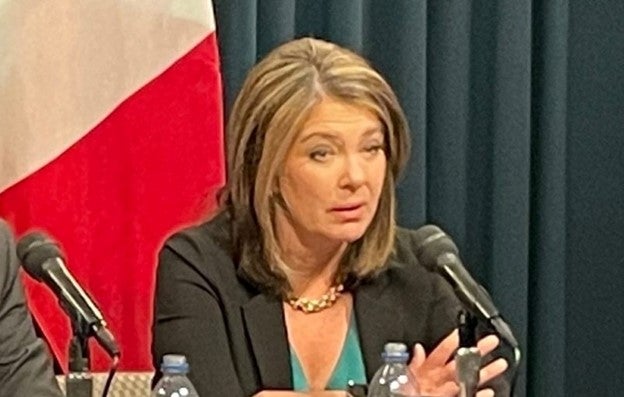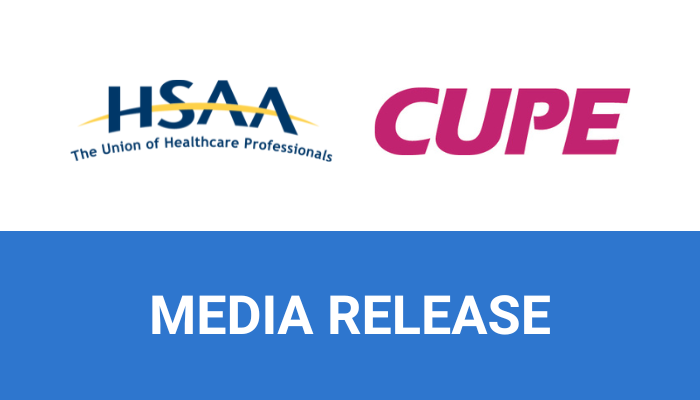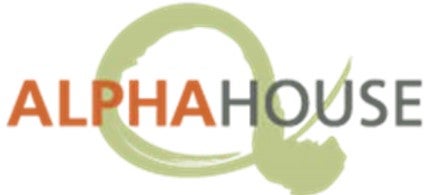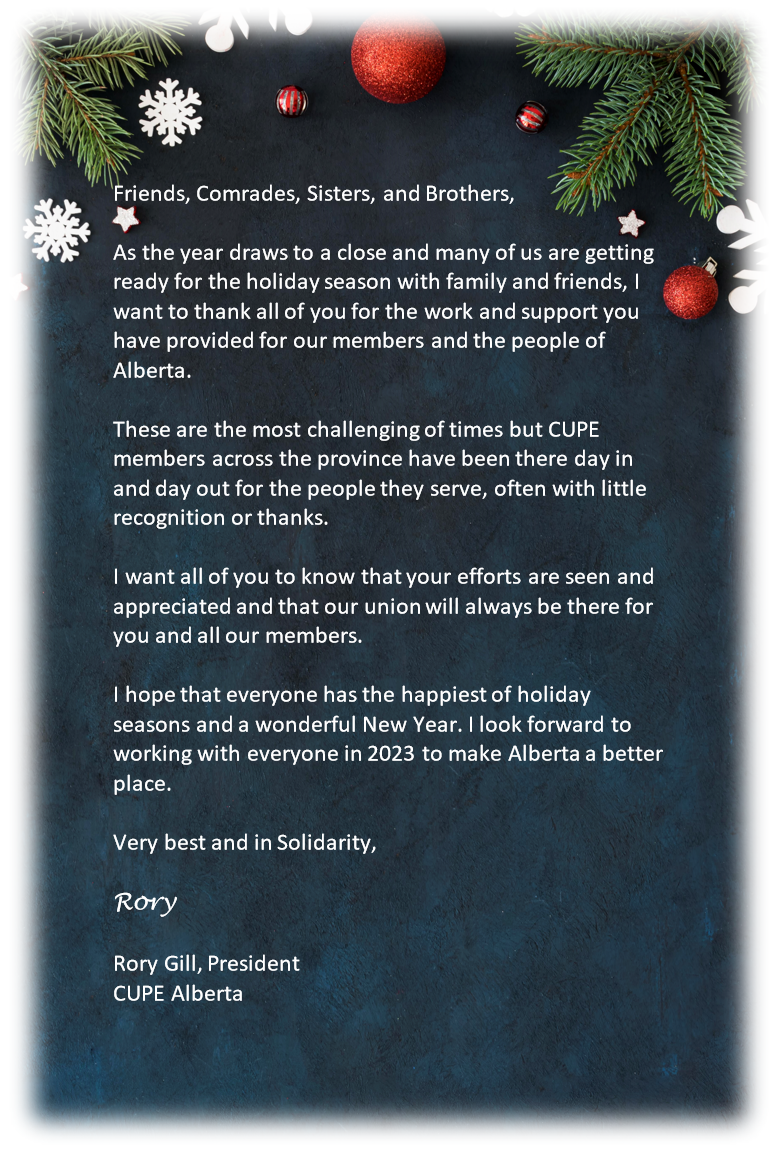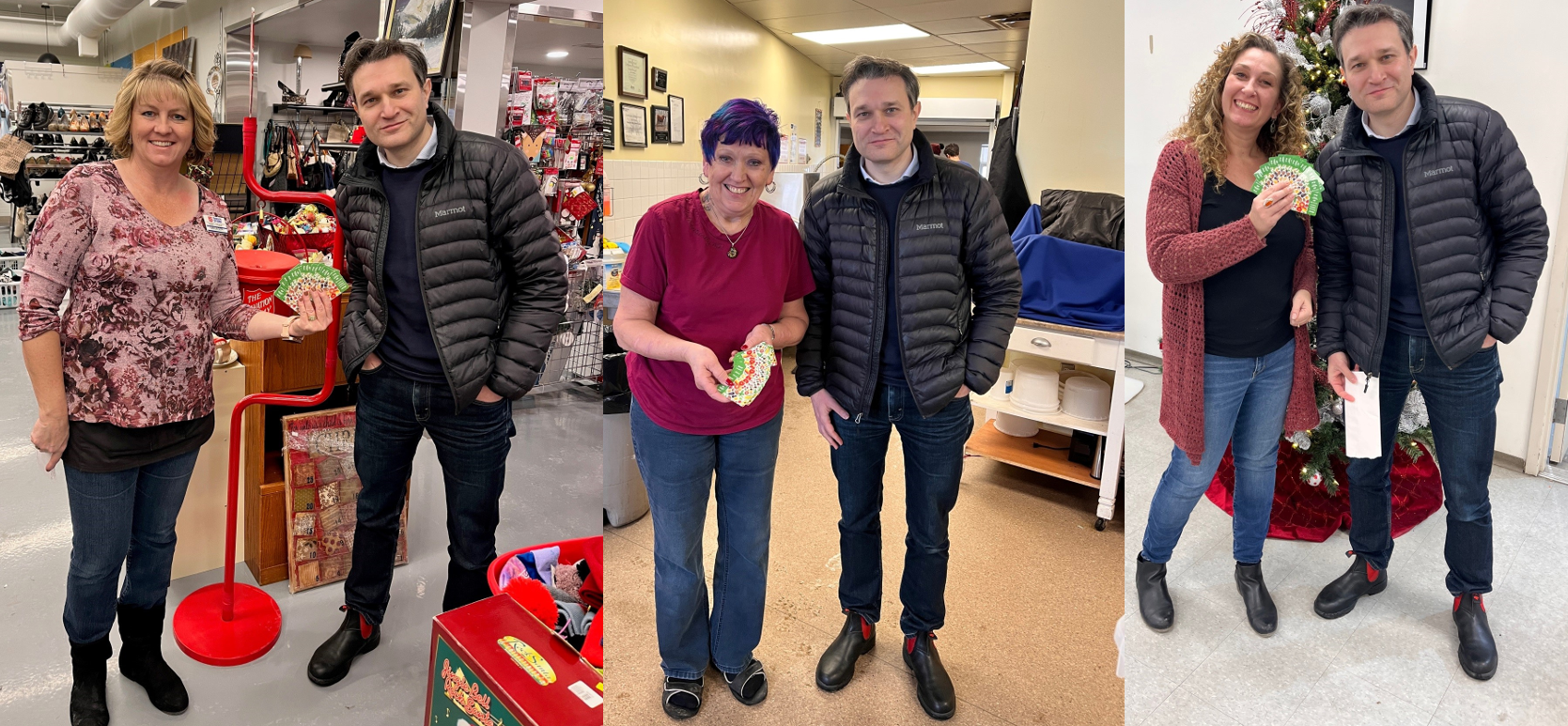Media Advisory March 14, 2023
EDMONTON – The Alberta Division of Canada’s largest union will hold its annual convention in Fort McMurray March 22-24 at the Quality Inn (424 Gregoire Dr.)
This will mark the first in-person convention CUPE Alberta has held since 2019. Subsequent conventions were held online due to the COVID pandemic.
CUPE Alberta President Rory Gill said he expects the 200 delegates to discuss the crisis state of Alberta’s health care system, bargaining in the K12 sector, and the upcoming provincial election.
“Alberta has suffered hard times since electing the UCP in 2019,” said Gill. “Doctors are leaving, Emergency Room wait times have grown dangerously long, and ambulance services are in crisis mode.”
“In schools, support staff have not seen a wage increase in eight years and they are starting to leave.”
“Danielle Smith and the UCP have made all of these problems worse,” said Gill. “We need to fire the UCP and start fixing these problems with a new government.”
CUPE represents 715,000 members across Canada and 40,000 members in Alberta. Alberta members include workers in the municipal, education, post-secondary, health care, social services and airline sectors.
Convention highlights
Wednesday, March 22
11:05 Address by Rory Gill CUPE Alberta President
13:45 Address by Mark Hancock, CUPE National President
Thursday, March 23
13:30 Address by Gil McGowan, President of the AB Federation of Labour
Friday, March 24
10:40 Address by Christina Grey, Alberta NDP labour critic


